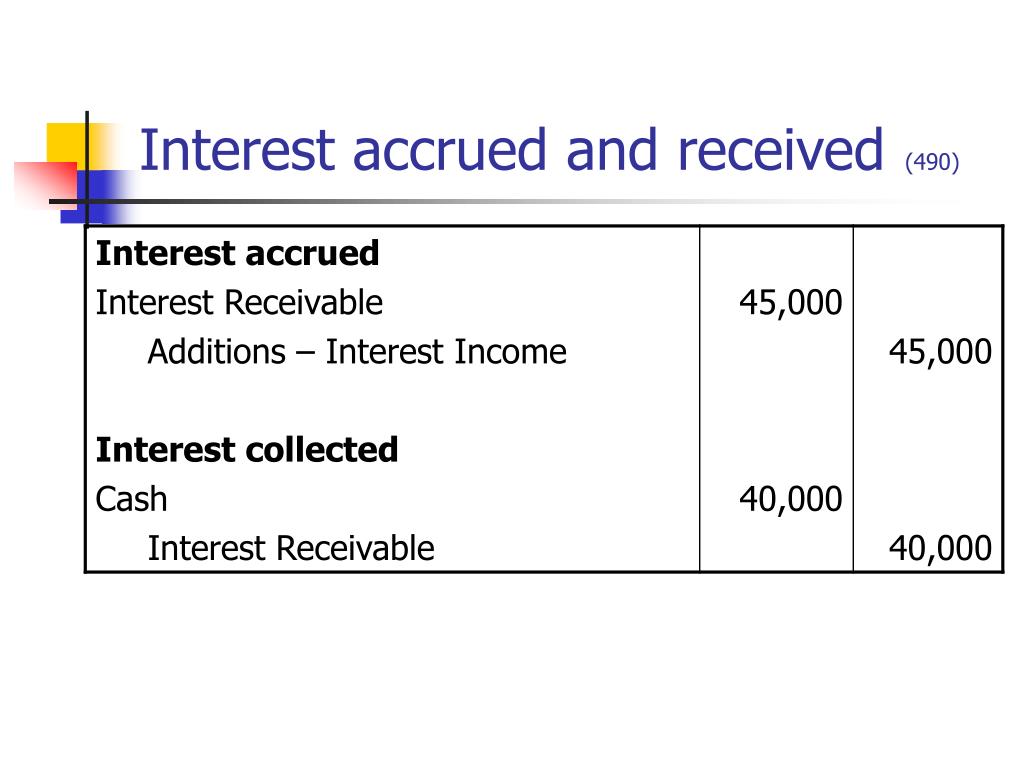


That is why insurance trust account management may be referred to as “money management” or “trust financial management”. Keeping track of such flow of money requires good financial management.

During the policy term, a policy cancellation may reverse the flow from insurance carriers and agency operating account to the agency trust account and back to the insured. In the beginning money flows from insureds to the agency’s trust account, to insurance carriers and to agency business operating account. Trust financial transactions are numerous and complex. Since premium funds are owned by others, insurance brokers agree to receive them in a fiduciary capacity and become “trustees” or “custodians” of funds until they are disbursed to legal owners.

The designation refers to the fact that premium funds received under more than one policy or from more than one insured are maintained in a single common trust bank account. Independent P&C insurance agencies, whether retailing or wholesaling, agree on a voluntary basis to receive transacted premiums from insureds or finance companies and maintain them in trust bank accounts of the so called “pooled” type. Insurance companies grant insurance agencies the right to receive transacted premiums and maintain them in agency-owned trust bank accounts. Most commercial insurance products are retailed through the independent agency system, a community of independent insurance agents and brokers appointed/approved by insurance companies and/or general managing agencies. This financial operation would logically qualify them as financial institutions no one in the industry recognizes them as such. Insurance agencies are currently required to manage financial traffic varying from a low $5 million in small agencies to $100 million or more in large agencies. Insurance Trust Accounting is not taught in college there are no text books on insurance premium accounting and trust financial management. Current agency management systems, such as AMS or Applied Systems, have not addressed to this day insurance agency’s need for insurance fiduciary accounting. Insurance fiduciary duty is however on the books and is mandatory for all insurance agents and brokers who receive premium payments under insurance policies or premium finance agreements.Īware of fiduciary duty mandates, P&C insurance agencies have been waiting for an accounting solution that could help them manage the agency’s trust account operation. The need for trust accounting in the P&C insurance industry has not been widely recognized likely because P&C insurance agencies are considered merely sales and service operations, not financial institutions. In current practice trust accounting is generally associated with the escrow or lawyers’ trust accounting. Little or nothing is known about P&C Insurance Trust Accounting. Real estate brokers, for example, employ outside escrow companies to manage real estate trust funds. The one thing that emerged useful was the need for separation of fiduciary funds from business operating funds. It has become apparent the management of P&C insurance premiums has different rules and requires different accounting procedures.Īccounting methods and financial management of fiduciary funds in other industries, such as real estate or legal profession, did not prove to be a good model. The difference between the premium fiduciary funds’ economic nature and that of business operating funds has not been well recognized by insurance professionals and, as a result, no effort has been made to this day to develop a suitable accounting method for these funds. As fiduciary funds, insurance premiums are subject to a financial management different from that of business operating funds. Standard accounting methods have not been very useful in the P&C industry mainly because, upon deposit in the agency trust bank account, insurance premium and return premium funds become fiduciary funds. Many years ago financial accounting was adapted by the Property & Casualty (P&C) insurance industry to keep track of premium and return premium financial transactions. It has been used by professionals in all sectors of the economy. Its concept and rules are well understood by those who practice it. This paper explains why.įinancial accounting is used to keep track of a company’s financial transactions. Insurance Trust Accounting is however not the same as standard trust accounting. Finally, the long overdue solution has been found. The attempt to use financial accounting for premium accounting has failed. Insurance retailing agencies continue to struggle managing premium funds. For more than 40 years P&C insurance premium accounting has remained an industry problem without solution.


 0 kommentar(er)
0 kommentar(er)
